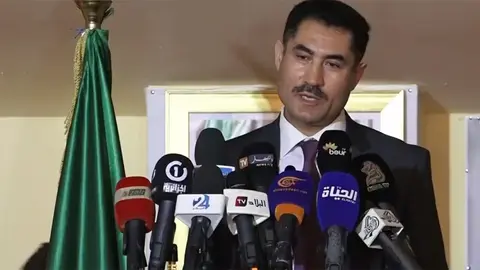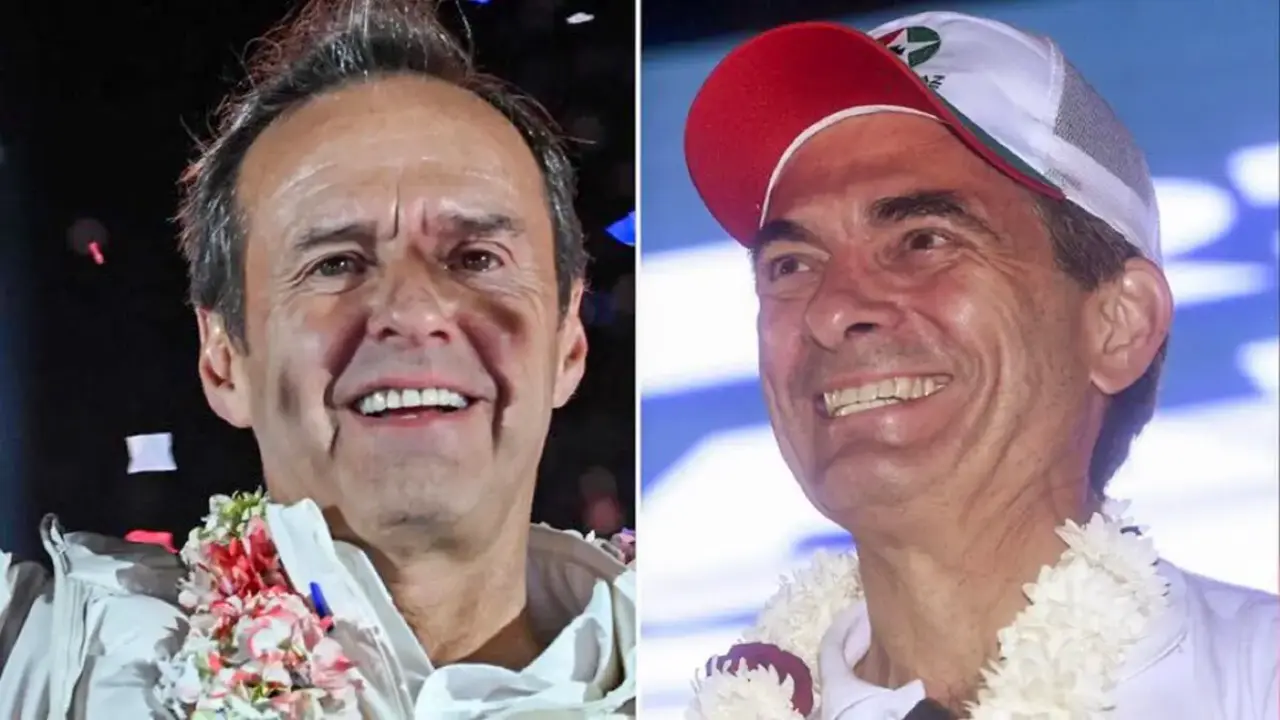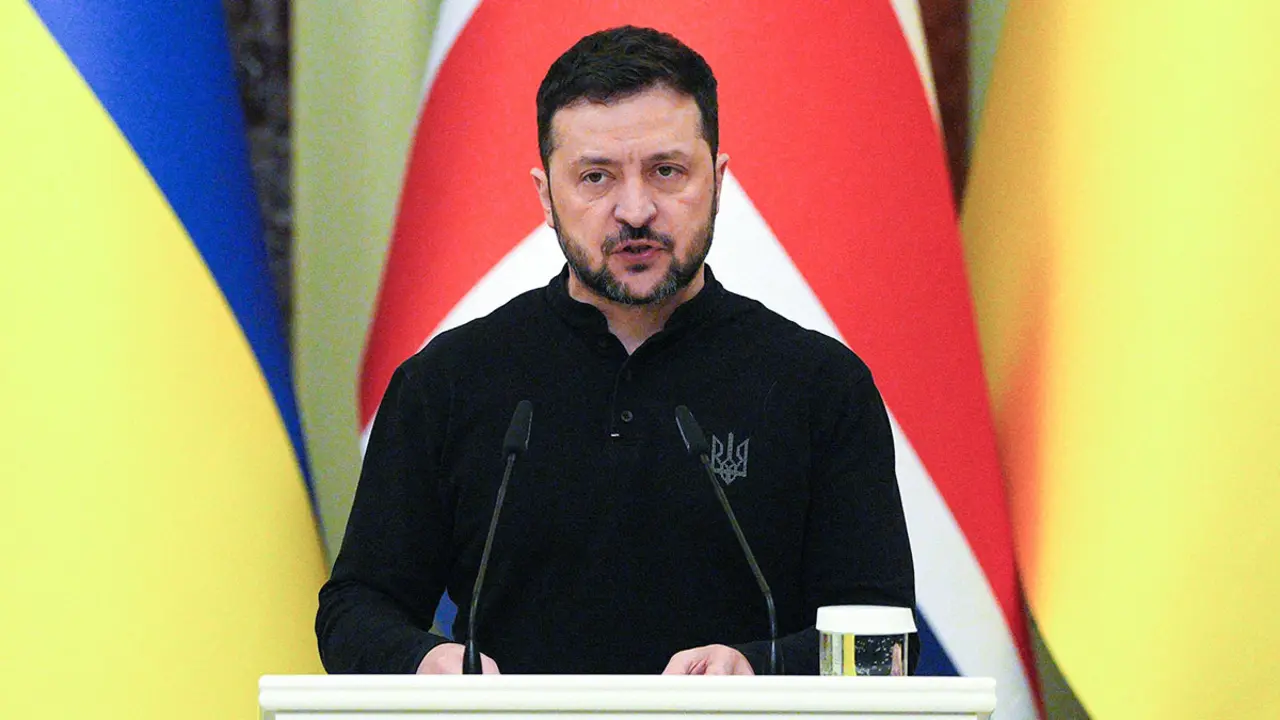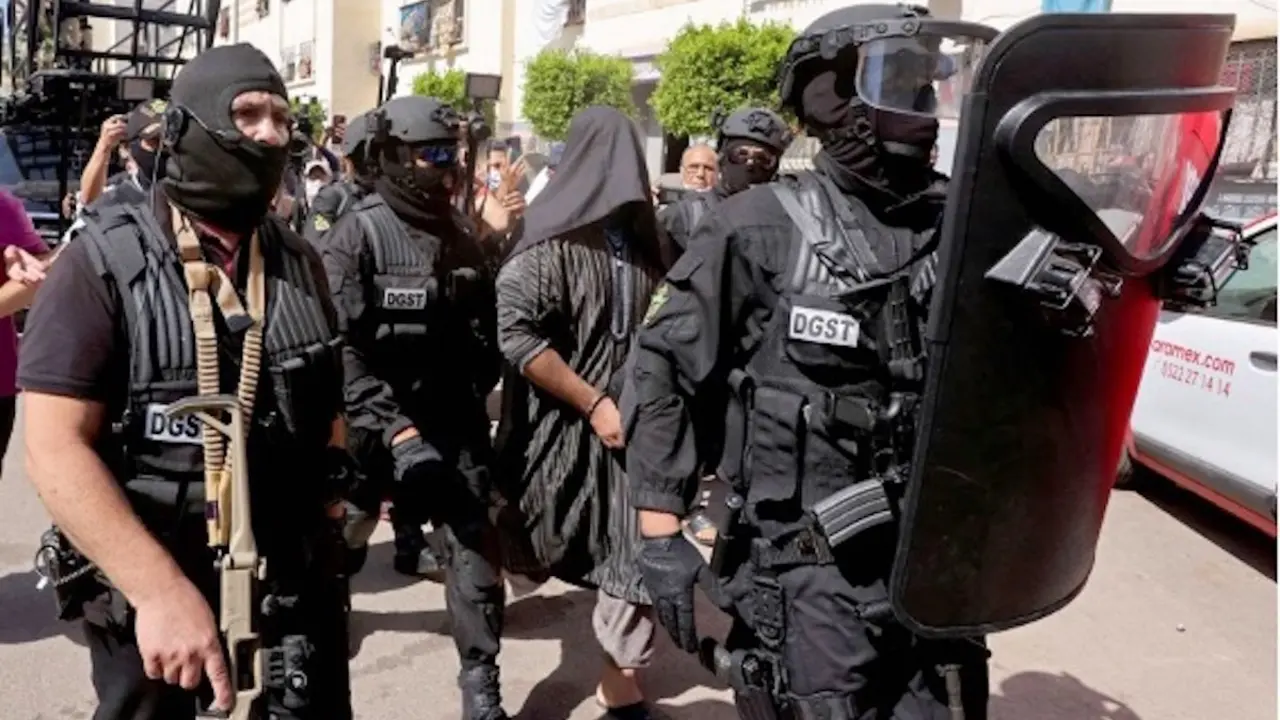The incommunication of the Algerian government

In the space of a week, three major events have been obscured by official media channels. As our colleague Youcef Rezig, an Algerian journalist in exile in France, points out.
The first event was the presence in Algeria of Russian General Sergei Sourovikin, Wagner's close collaborator. He went to a mosque in Oran, the capital of western Algeria. He was well protected by the mosque's faithful and surrounded by a great deal of goodwill. Yet the man is accused of war crimes in Syria, Chechnya and Afghanistan.
This incongruous presence intrigued many observers, including Russians. The information was posted on the Facebook page of Abdelhamid Benbadis' mosque and was picked up all over the world except by the Algerian press, for reasons known to everyone in Algeria. The national media never disseminate sensitive information, unless they receive orders or instructions 'from above'. Officials keep their mouths shut.
The second event that was hushed up by the official channels of the Ministry of Communication and the Communication Directorate of the Presidency of the Republic, as well as by all Algerian media, was Tebboune's visit to New York, scheduled for 16 September. However, it was announced on the steps of the El-Mouradia presidential palace by the US ambassador on 13 September, after the audience granted to him by the head of state. No one thought it useful to repeat the information given by an official. But that is how things work in Algeria. A few weeks ago, the Algerian press received a scathing warning from the Communications Directorate of the Presidency of the Republic. This body, which is not very good at communicating, reminded the press that it was forbidden to disseminate any information about the president's activities other than that of his office.

As a result, Algerians did not learn of President Tebboune's departure for New York until a few minutes before his plane took off. This has been the case for all his trips since his visit to France was cancelled at short notice on 2 May.
The third communication error of the week was the announcement by the president of the employers' association, Karim Moula, of an important decision taken by the public authorities and communicated to them by the President of the Republic during his meeting with representatives of the Algerian employers' association. The decision concerns the freezing of the inter-ministerial committee set up last May by Tebboune and charged with "arbitrarily" taxing businessmen who have been importing goods for the last 15 years, subjecting them to various forms of blackmail: demanding huge sums of money from them out of court, with the threat of imprisonment and of being subjected to the ISTN. This is a very important decision. It calls into question a measure taken by the president which he reversed 3 months later.
The decision was announced 4 days after the meeting between the President of the Republic and the employers' representatives. And it was Karim Moula, head of the employers' organisation CGEA, who set himself up as the president's spokesman. And all the press echoed the news as if it had been authorised by hidden forces "from above".
Thus, in addition to the drastic censorship and self-censorship, there is the state's inability to communicate on matters of the utmost importance, as we have just seen. It is true that the two people in charge of this sensitive sector, Kamel Sid Saïd in the Presidency of the Republic and Mohammed Laagab in the Ministry of Communication, are the antithesis of what communication should be.










